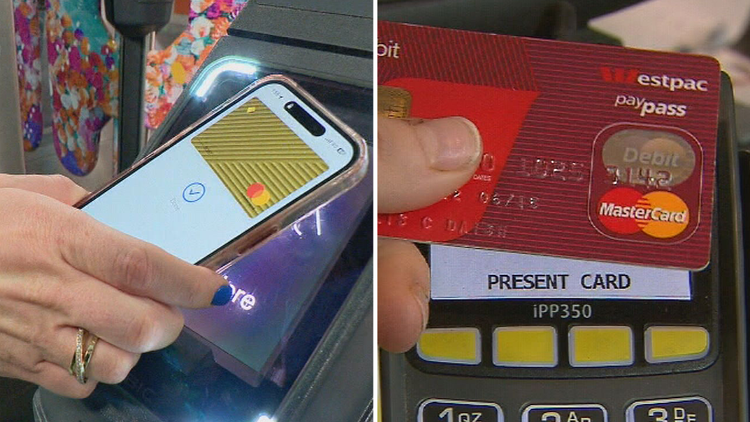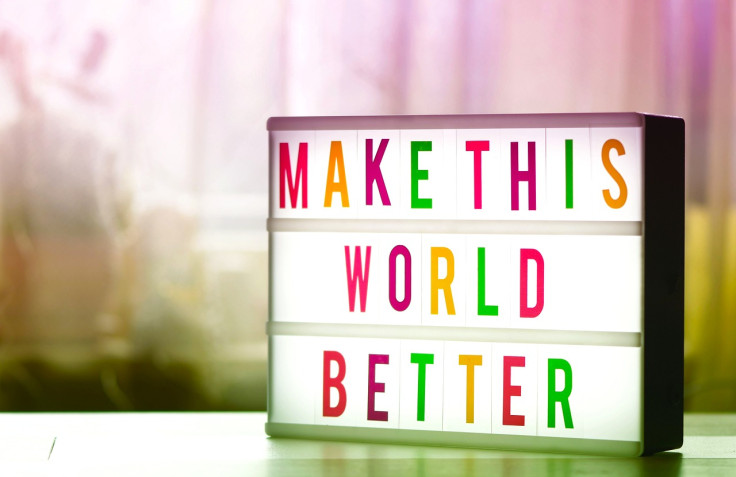One of Australia's largest retailers is adopting a new payment method, and experts say it could soon be commonplace across the nation.Chemist Warehouse will soon let customers pay via QR code, providing them with a link to pay directly using their bank details.This is what you need to know about the move, which is expected to come into effect in early 2025.
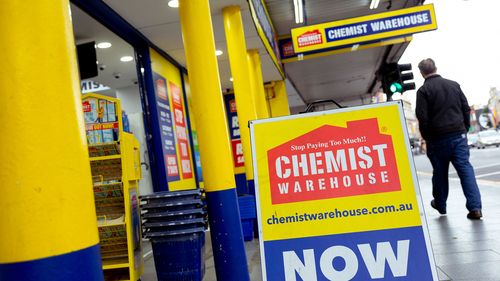
Chemist Warehouse will soon let customers pay via QR code. (Dominic Lorrimer)
Why is Chemist Warehouse introducing QR code payments?
It's essentially a cost-saving measure. With cash payments declining and card use rising, businesses and customers face fees associated with processing those transactions.While the federal government has proposed to ban debit card surcharges, QR codes allow businesses to take the issue into their own hands."(It's) a strategic move to avoid the high costs associated with card surcharges, which amount to millions annually," RMIT finance expert Dr My Nguyen said."This method, known as 'pay by bank,' allows customers to make direct payments from their bank accounts by scanning a QR code, bypassing intermediaries like Visa and Mastercard…"Chemist Warehouse aims to reduce its annual $15 million expenditure on card surcharges by adopting QR code payments, thereby lowering operational costs and potentially passing on savings to consumers."She said encrypted information in QR codes can reduce the risk of fraud compared to credit and debit cards.EXPLAINED: Why only 538 people out of 330 million get to decide the US election
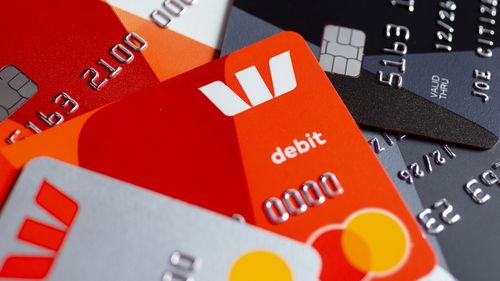
The method allows businesses and customers to get around costly fees associated with card payments. (Dominic Lorrimer)The top-paying, low-stress jobs with good salaries in AustraliaView Gallery
Are there any risks with QR code payments?
A reliance on internet connectivity means QR codes might not be a particularly reliable payment method in some areas, particularly rural and remote regions where coverage can be patchy.While there are security benefits, Nguyen said there are still some drawbacks."There is a risk of scanning fraudulent QR codes, leading to unauthorised transactions," she said."Consumers may also be hesitant to adopt new payment methods, especially if they are accustomed to using cards."
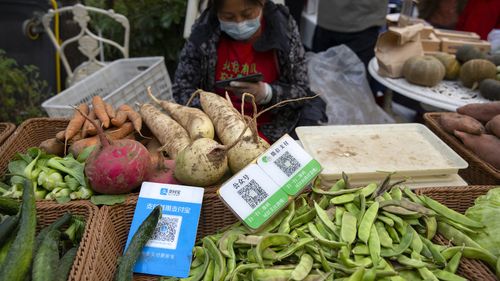
QR code payments are already common in places like South-East Asia and India. (AP Photo/Mark Schiefelbein)
Are QR code payments going to become more widespread?
Chemist Warehouse won't be the the first business in Australia to adopt QR codes, nor is it likely to be the last."This move aligns with global trends where QR code payments are becoming increasingly popular, such as South-East Asia and India," Nguyen said."In Australia, several major retailers have already adopted QR code payment systems."Muji, Vodafone, MJ Bale and L'Occitane have integrated QR code payments through ePay."Additionally, Commonwealth Bank, National Australia Bank, Coles and Woolworths have partnered with eftpos to support the rollout of a new eQR payment system."As more businesses recognise these benefits, we can expect wider adoption of QR code payments in the retail sector."

